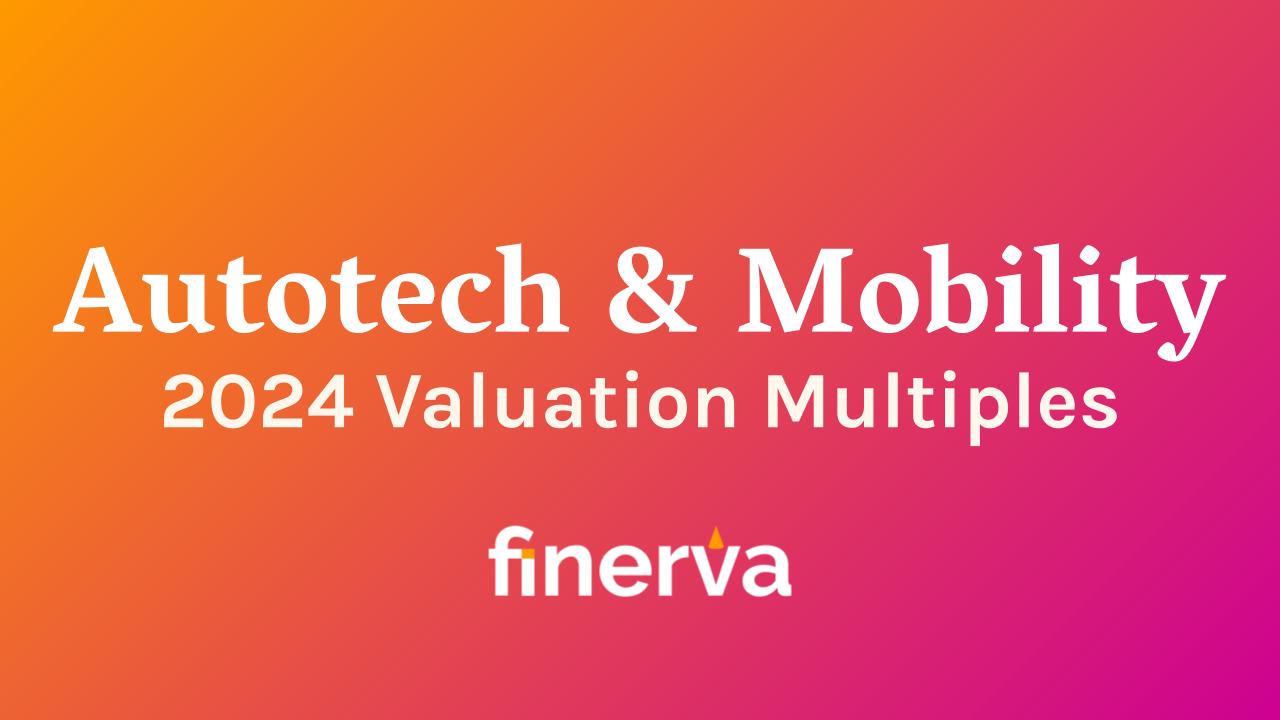StartupBlink Publishes Start-up Ecosystem Report

StartupBlink is a research center dedicated to mapping start-up ecosystems around the world. With local and global partners, as well as groups dedicated to Founders that they manage around the world, they have produced an extensive report detailing each major ecosystem in 100 countries and 1000 cities.
This is their second report – the first being in 2017 – and can be used to track recent changes in major start-up hubs, as well as to identify locations with rising start-up populations.
According to StartupBlink’s Methodology, locations are ranked by the sum of three key scores.
The Quantity Score is assigned by measuring how many start-ups, co-working spaces, accelerators, start-up events are found in a given country.
The Quality Score – perhaps the most difficult and apparently arbitrary of the three score components – was aimed at measuring the impact of an ecosystem’s start-ups on the ecosystem itself. StartupBlink did so by looking at many factors, including customer base, authority, website visits, valuations and many others.
Lastly, the Business Score measures how easy it is to do business in a given location, based on technological infrastructure, bureaucracy, red tape, and also discounting the score for locations that didn’t meet a certain start-up quota, and also penalising countries with significant internet censorship.
The Top 10 Countries
Given the above, it’s no surprise that the US is firmly at the top of the rankings, with a Total Score almost three times higher than the UK, which came in second. The US leads the pack with – by far – the highest number of start-ups distributed between multiple hubs across the country, first and foremost being obviously Silicon Valley. The US is also home to almost half of the world’s unicorns, which clearly impacted its Quality Score.
The UK, Canada and Israel complete the “Big 4” club at the top of the table, in the same positions as 2017. In particular, the UK is second by Quantity, has the third best Quality Score overall and the fourth best Business Score, making it an impressive ecosystem, especially when compared to its size.
A trend can be noted at the top of the rankings, with 4 out of the top 5 countries (US, UK, Canada and Australia) being native English speaking and Israel (ranked 4th), The Netherlands (6th) and Sweden (7th) being non-native English speaking countries with some of the highest levels of English proficiency. That is valuable information for countries wanting to improve their start-up ecosystems, as promoting English language learning programs could be a simple step for policymakers to boost the entrepreneurial landscape of a country.
Europe
Europe as a whole seem to be performing well, with many countries improving or maintaining their rankings despite competition from growing economies being increasingly intense. 19 out of the top 30 countries are European, with six in the top 10. Most notably, the Netherlands (6th) gained nine spots, Finland (12th) gained 6 positions, Serbia (36th) gained 13 and Luxemburg (53th) jumped 12 spots.
The Americas
Meanwhile, on the other side of the pond, there is a huge gap between USA (1st) and Canada (3rd) compared to Latin American countries. However, South American economies are collectively climbing the rankings, with many reaching the 30s. Chile (30th) leads the pack, with Mexico (32nd), Colombia (34th) and Brazil (37th) following.
Asia-Pacific
Loss of momentum, along with changes to StartupBlink’s algorithm caused some of Asia-Pacific top-ranked countries to drop down in the 2019 rankings. Singapore, which previously led the pack, lost 11 spots and is now 21st, surpassed by India (17th) as the leading Asian ecosystem.
China also lost a few positions and is now ranked 27th. This, as StartupBlink wrote in the report, was likely caused by a change in the algorithm that is design on a model that mostly fits open economies. Conversely, China’s start-ups are almost all focusing on the local market, which is big enough to sustain a flourishing entrepreneurial landscape. However, the Asian country basically runs its own version of the internet which makes it very hard to measure with the same parameters used for open economies such as those of most western countries.
Furthermore Thailand (33rd), the Philippines (54th), Pakistan (61th), and Bangladesh (87th), all increased their rankings by 15 spots or more. New Zealand is also gathering momentum, increasing their ranking by 20 spots.
Africa
Mixed results from the continent. Most African countries on the list maintained their position in the Top 60 (Kenya 52th, Nigeria 56th, Egypt 60th), Nigeria dropped 13 places to 51st, while Rwanda is on an extraordinary rise to the 64th spot.
Cities Rankings Insights
The Top 10 Cities identified by StartupBlink mostly reflect what we already saw with the Countries Rankings. San Francisco leads with a total score almost 5 times higher than the runner-up New York City. The Big Apple also holds quite a margin on London, ranked 3rd worldwide.
Los Angeles is 4th, with Boston closely following. Tel Aviv and Berlin are 6th and 7th respectively, with the latter losing 2 positions in the past two years. Chicago and Seattle also figure as part of the six American cities within the Top 10. Moscow is 10th after gaining 4 positions and Bangalore aims to be the first Asian city to make it to the top ten after jumping a staggering 10 positions to 11th place.
It is interesting to evaluate the diversification of a country’s ecosystem by measuring how many of its cities figure in the Top 100. The US, for example, show complete dominance with 29 cities. Conversely, the UK confirms its huge dependence on the capital as only London and Manchester made it to the Top 100.
The information available on this page is of a general nature and is not intended to provide specific advice to any individuals or entities. We work hard to ensure this information is accurate at the time of publishing, although there is no guarantee that such information is accurate at the time you read this. We recommend individuals and companies seek professional advice on their circumstances and matters.




